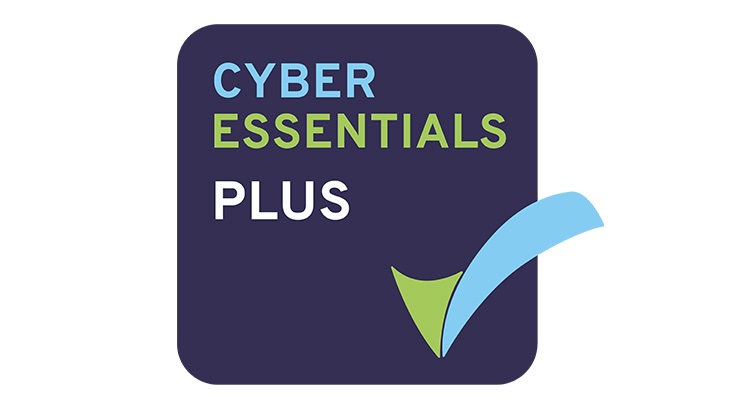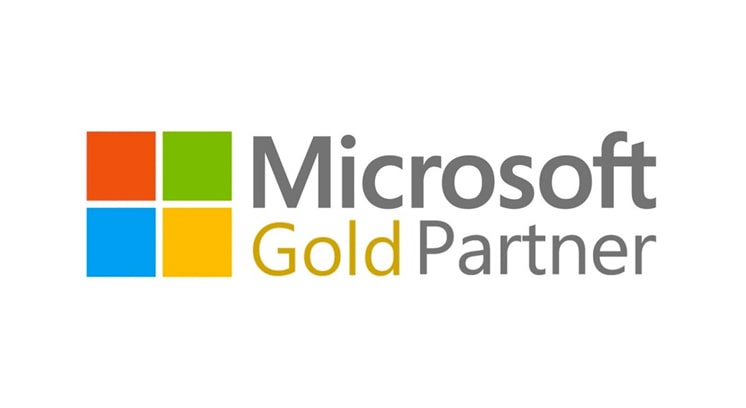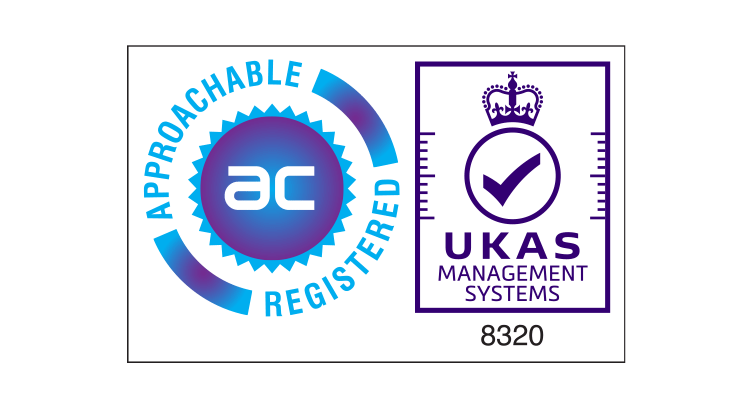Five Steps: Take Control of Costs and Improve Productivity in Facilities Management
Author: Chris Hornung, Chief Operating Officer, Totalmobile
Much has been said in recent years about technology in relation to how it is transforming facilities management (FM), and recent developments relating to COVID-19, have served to accelerate the demand and adoption of specific technologies. However, innovations aside, the stark reality of H2 2020 is that businesses all over are looking to reduce costs. The mantra for many looking forward to 2021 will be to achieve more with less.
The pandemic is changing the face of FM all over. Distancing restrictions have changed how relationships and contracts with service providers are managed and how supplier or team performance is measured, let alone how services are delivered.
Whilst FM professionals work to adapt, they are now being urged by organisations like Mckinsey to elevate FM to a C-level priority with a focus on COO/CFO engagement and establish cross functional teams. In order to do this however the industry must incorporate multiple disciplines to ensure functionality, comfort, safety and efficiency of an estate. This can only be achieved by integrating people, places, processes and technologies together.
However, FM leaders aren’t able to simply switch on these changes, they will need to adjust their strategy, technologies, capabilities and culture. Here are five areas that FM organisations can shine a spotlight on with some advice on where to start:
1) Improve customer and team experience
Service teams within organisations want nothing better than to deliver a first-class service in a timely manner. Customer experience is a top priority and customer satisfaction is the key… the key to not having to revisit. A first-time fix is the holy grail here. However, poor scheduling often leads to the wrong skills being deployed to the wrong job.
Organisations that apply demand led scheduling will find they have a process that supports the planning teams make the right decisions. Giving teams the ability to view their scheduled jobs ahead of the day means they can plan better, giving them more confidence ahead of their working shift. It also cuts out wasted time, by removing inefficient travel and maximising the amount of time delivering services. Ensuring that they know where they are going and what materials and skills, they need removes wasted visits to base and is efficient scheduling.
2) Prove value
Efficient job management and cost effectiveness have become measurable KPIs for most FM providers. However, many organisations don’t have the tools or data to be able to track and monitor this accurately. Cost per job and profit per job are being guessed at best. A clear visibility of the real time status of work and staff is needed, but not often available. Visibility of clear, real time dashboards means there is a shared understanding of what is going on in the business and helps management to feel confident in their service offering.
3) Provide traceability
Where paper based and other manual processes are used, it is very difficult for organisations to prove compliance leaving them with the worry of legal implications should anything go wrong, or claims be made. Having an auditable trail to prove that work has been undertaken, accurately, in a timely manner and to the standard required can be hard to trace and difficult to evidence.
Developing customised workflows in tools allows staff to follow clear instructions and carry out their day to day tasks. This provides continuity – ensuring services are delivered to the same high standard throughout the organisation and are traceable.
4) Use disruptive technologies to avoid disruption
Technology can make a huge difference in driving efficient processes and ensuring people are consistent in the way they undertake their work and also report on it. The internet of things (IoT) offers the potential for major transformation within organisations and workforces, by enabling them to ensure staff time is used as effectively as possible. Sensors can be used to detect issues such as temperature, energy consumption, or vibrations before they arise. They can also be applied to schedule work at the right time, rather than using guesswork. Managing and measuring the exact content volume of bins or hand sanitiser allows accuracy and efficiency.
Video technology provides the ability to communicate. Since the beginning of the pandemic, use of streaming services and apps have like Zoom have jumped thirty fold. Good communication between teams empowers the field workforce and improves client service, especially when some jobs can be conducted without having to make a trip onsite. Helping the client fix an issue themselves will cut the job load right away, and better understanding the customer issue or condition of the assets before a physical trip can improve first time fix rates.
However, having all of these technologies available isn’t the golden ticket. What is though, is being able to bridge the gap between field service management software and IoT devices. In doing so managers can diagnose issues before they occur, improve safety, capture real time information, make intelligent, actionable decisions and create and escalate work when required.
5) Take control
Bringing all of these elements together seamlessly is the key to success. Managing your assets, locations, works orders, planning and field-based teams from a single place supports this process. Traditionally this has been a major problem in organisations with disparate systems leading to a fragmented IT infrastructure which is difficult and expensive to manage and provides a poor user experience.
Tighter control over all areas relating to the delivery of service; asset management, appointment booking, works order planning, job costing, invoicing, sub-contractor management and comprehensive material ordering and van stocks, all need to be managed. Ideally from one integrated system enabling complete visibility.
Often previously overlooked, facilities management is being transformed by disruptive technologies and processes. Organisations that remain agile and informed, and innovate and invest in the right capabilities, will be most able to reduce their operational costs and increase productivity. Effectively doing more with less for the year ahead.
If you’d like further information on how we can support you in facilities management, visit our website to find out more or contact us.







